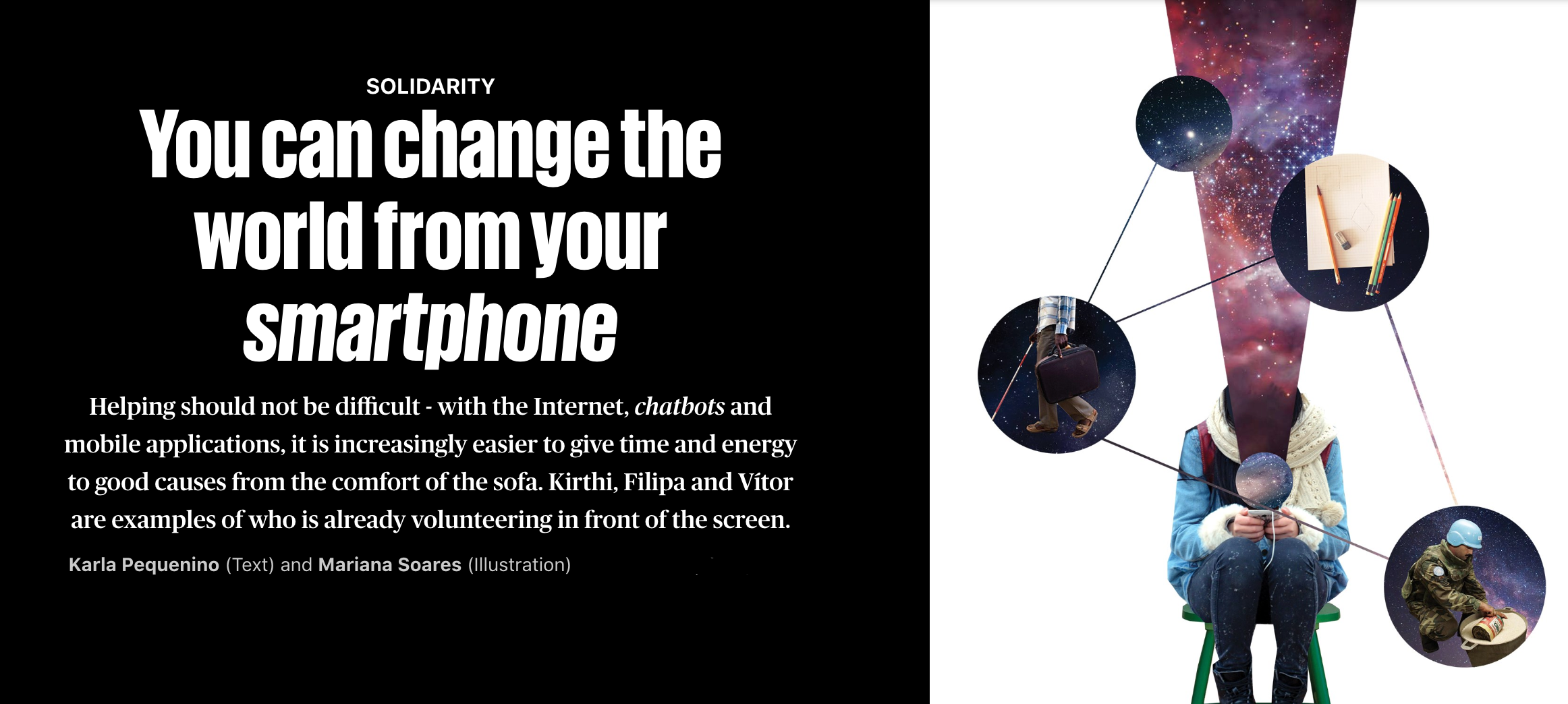
When I was in Portugal, I was asked to interview with Publico with Karla Pequenino. I wasn’t sure what we were going to talk about. But at the time, it turned out to be a precursor to something that wouldn’t just be near and dear to me, but to everyone around the world. The topic was digital activism vs. social slactivism aka “look at me! I care about this cause…but, I also care about views and likes!” The story was eventually published, titled, “ode mudar o mundo a partir do seu smartphone,” which translates to, “You can change the world from your kids smartphone.”
While only parts of our interview made the cut, I did want to share the full transcript with you here. You can read the original in Portuguese here or translated in English here.
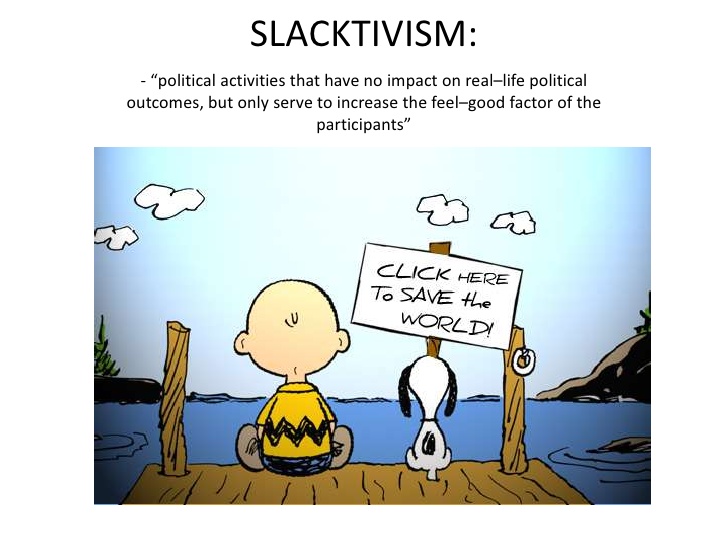
Publico: What are some of the challenges of activism in the digital age?
Brian Solis: With social media comes great responsibility. The good thing is that social, mobile and real-time have given everyone a voice and the ability to document and share…everything. On the other hand, everyone now has a voice and has the ability to document and share…everything.
Social has become so self-centered that the signal to noise ratio is dissipating. At the same time, algorithms are filtering content and limiting reach.
But there’s more to the challenges shaping activism in the digital age…something more personal. We are a big part of the problem but we’ve not yet realized it. These networks have turned many users into “accidental narcissists.” They’re designed to keep us sharing anything and everything to experience instant validation over and over, faster and faster. Over time, we subconsciously experience empathy deficit disorder as well as conflicting senses of morality, generosity, altruism, etc.
When we wish to take a stand against something, social, mobile, real-time, are powerful tools to bring about change. But there is a growing sense of social media fatigue, cause fatigue, donation fatigue, simply because our networks are the first place we take to any time we want to say anything, distract ourselves, or ask people to help us with something important.
Another challenge facing activism in a digital era is “venting.” When we are angry or inspired, we take to social as our first port of call to share our emotions with everyone. In many cases, this act robs energy of action and ultimately activism by channeling our fire into venting and resulting interaction. In many cases, it extinguishes just enough of our flame to feel a sense of temporary ease.
Publico: As a digital anthropologist and futurist – is online volunteering a growing trend? If so, why?
Solis: Social media, mobile and more intuitive/convenient platforms give rise to transactional volunteering and activism. With the right cause and the right platform, people can be persuaded to take action. But oftentimes, that action, is limited in size and scope simply because of the nature of the platforms themselves. While instant, social, engaging and dynamic, they are also fast, distracting, overwhelming and sweeping in subject matter and trends. Now, things can and will go viral when the network effect and the cause are just right. We see it time and time again in times of need such as global disasters or day-to-day missions to areas of need or out-of the-blue viral movements such as the ALS water bucket challenge. But even in these cases, there are elements of vanity in that we want others to see and recognize our philanthropy and humanitarianism.
But when it comes to politics as we saw with Brexit and the 2016 US election, there are other troubling dynamics in play.
Social media can foster more than togetherness, it can also foster dramatic polarization. We’ve witnessed to great extent, that social media can do the opposite of promote critical thinking and open dialogue. We’ve seen the rise of close-mindedness and insular networking to the point where people either knowingly or unknowingly embrace cognitive biases to surround themselves with people who share the same views. Concurrently, individuals can wield a blatant disregard for relationships where there’s a difference in opinion, willfully and even aggressively lash out in contempt and ridicule to make others feel unintelligent, feeble or smaller.
Publico: Is social slackivism a real problem? Does/How does it interfere negatively with social change projects online and online volunteering?
Solis: In times of need, change takes more than “thoughts and prayers.” Unfortunately, slacktivism is very real. We all believe we are influential now and just because we say something, we can bring about meaningful change. But nothing takes the place of real world activism and action. That takes joining, leading and supporting efforts beyond expression.
Many don’t realize that social media is designed to be manipulative. For example, Facebook, Instagram, Tinder, et al, are designed with many shared principles that go into slot machines and other gambling games. We are being reprogrammed and part of that accidental narcissism we experience is that we confuse intent and support with posts and Likes.
Some will argue that expressions contribute to generating awareness and there’s truth in that…
But there’s a difference between the intention of creating awareness and the false believe that someone is leading change through expression alone. Social media can contribute to delusions of grandeur and that we can change and support changing the world through expressions, Likes and shares. Sometimes that’s the case. But it’s rare. Think about it this way. If you needed help, would you want “thoughts and prayers,” “posts,” or would you want people to act?
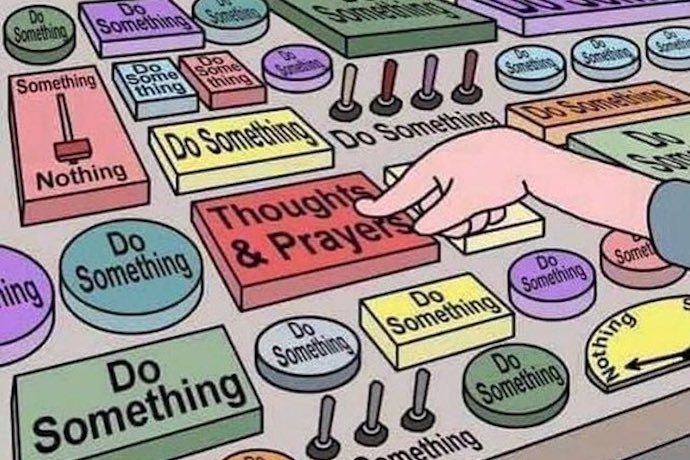
Brian Solis, Author, Keynote Speaker, Futurist
Brian Solis is principal analyst and futurist at Altimeter, the digital analyst group at Prophet, Brian is a world renowned keynote speakerand 8x best-selling author. In his new book, Lifescale: How to live a more creative, productive and happy life, Brian tackles the struggles of living in a world rife with constant digital distractions. His model for “Lifescaling” helps readers overcome the unforeseen consequences of living a digital life to break away from diversions, focus on what’s important, spark newfound creativity and unlock new possibilities. His previous book, X: The Experience When Business Meets Design, explores the future of brand and customer engagement through experience design.
Please, invite him to speak at your next event or bring him in to your organization to inspire colleagues, executives and boards of directors.
Follow Brian Solis!
Twitter: @briansolis
Facebook: TheBrianSolis
LinkedIn: BrianSolis
Instagram: BrianSolis
Pinterest: BrianSolis
Youtube: BrianSolisTV
Newsletter: Please Subscribe
Speaking Inquiries: Contact
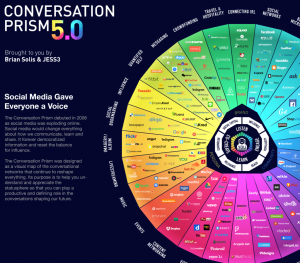
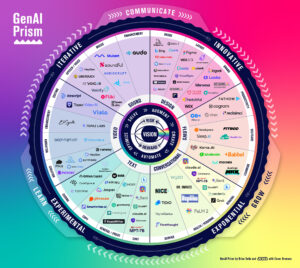
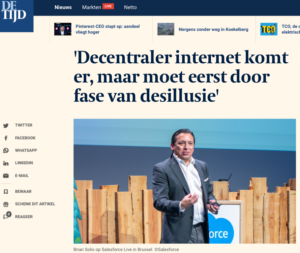


Leave a Reply